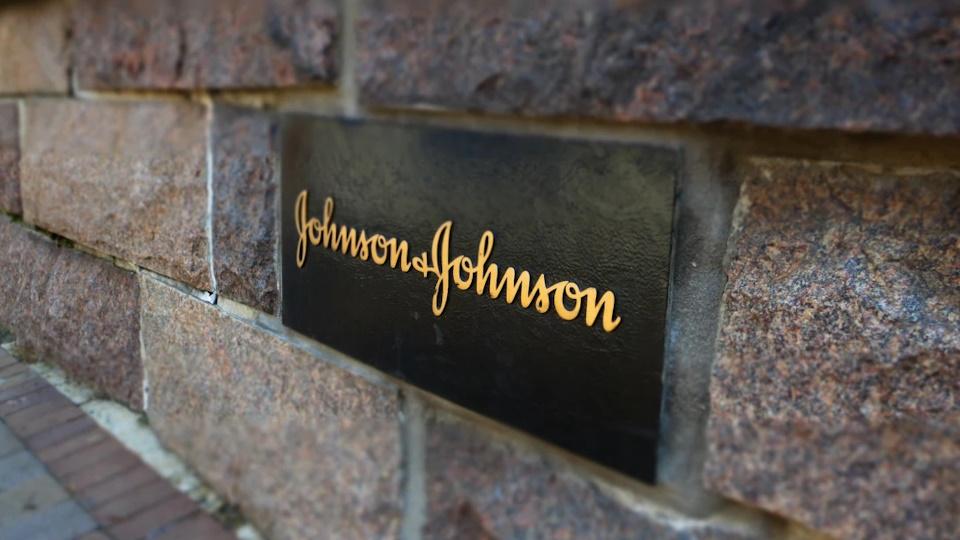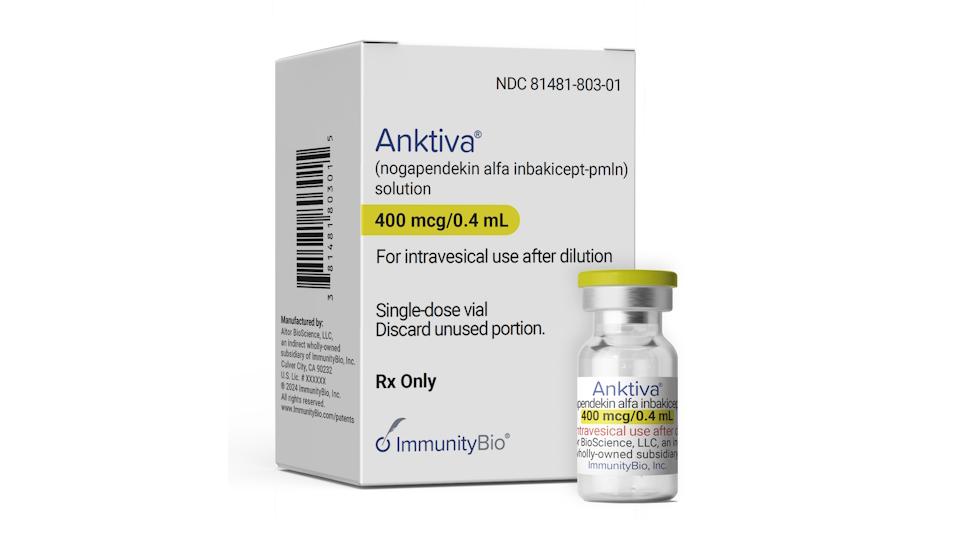Setback for J&J's TAR-200 bladder cancer programme

A phase 3 trial of Johnson & Johnson's TAR-200 therapy in bladder cancer has failed to show efficacy, although the company is still confident in the potential of the programme.
The SunRISe-2 study, in people with muscle-invasive bladder cancer (MIBC) who were not receiving surgery to remove the bladder (cystectomy) and nearby lymph nodes, has been discontinued after it showed no improvement over the standard chemoradiation treatment for this patient population.
J&J acquired rights to the silicone-based drug delivery device used in TAR-200, which allows for the continuous release of medication to the bladder, when it bought privately-owned biotech Taris for an undisclosed sum in 2019. In the case of TAR-200, it it is being used to deliver the chemotherapy agent gemcitabine.
In a statement, J&J said that the trial – which looked at the combination of TAR-200 with J&J's experimental PD-1 inhibitor cetrelimab given systemically – was "a bold approach to disrupt the established standard of care" and the disappointing result has had no bearing on its projections of a $5 billion-plus peak sales potential for the Taris platform overall.
"We are highly confident in TAR-200 as a transformative therapy for bladder cancer, where innovative and bladder-sparing options are urgently needed," it added, pointing to recently-presented data at the 2024 ESMO cancer congress from the SunRISe-4 trial in MIBC.
SunRISe-4 looked at the combination of TAR-200 with cetrelimab as neoadjuvant (pre-surgery) treatment for non-metastatic MIBC patients who were ineligible for or refused neoadjuvant platinum-based chemotherapy and were scheduled for a cystectomy.
It revealed a pathologic complete response (pCR) rate of 42% with the duo versus 23% with cetrelimab alone, and a pathological overall response (pOR) rate of 60% and 36%, respectively.
Meanwhile, at last year's ESMO, J&J reported positive results from the phase 2 SunRISe-1 study of TAR-200 in non–muscle-invasive bladder cancer (NMIBC) unresponsive to first-line therapy with BCG, achieving a 77% overall response rate.
J&J reiterated its plan to file for approval of TAR-200 as a monotherapy for NMIBC – which is more common than MIBC and accounts for around three-quarters of all cases of bladder cancer – early next year.
Meanwhile, the company is also running another study (SunRISe-3) that it hopes will allow it to position TAR-200 as a replacement for BCG. SunRISe-3 is testing the drug with and without cetrelimab in BCG-naive NMIBC patients and should see data emerge in the next 12 months.
Also on the go is SunRISe-5, a phase 3 trial of TAR-200 as a second-line therapy for high-risk NMIBC patients who have previously received BCG treatment and are unwilling or unable to have a cystectomy.
Following after in J&J's Taris-derived pipeline is TAR-210, an intravesical formulation of J&J's FGFR kinase inhibitor Balversa (erdafitinib), which started the phase 3 MoonRISe-1 trial in intermediate-risk NMIBC earlier this year.












